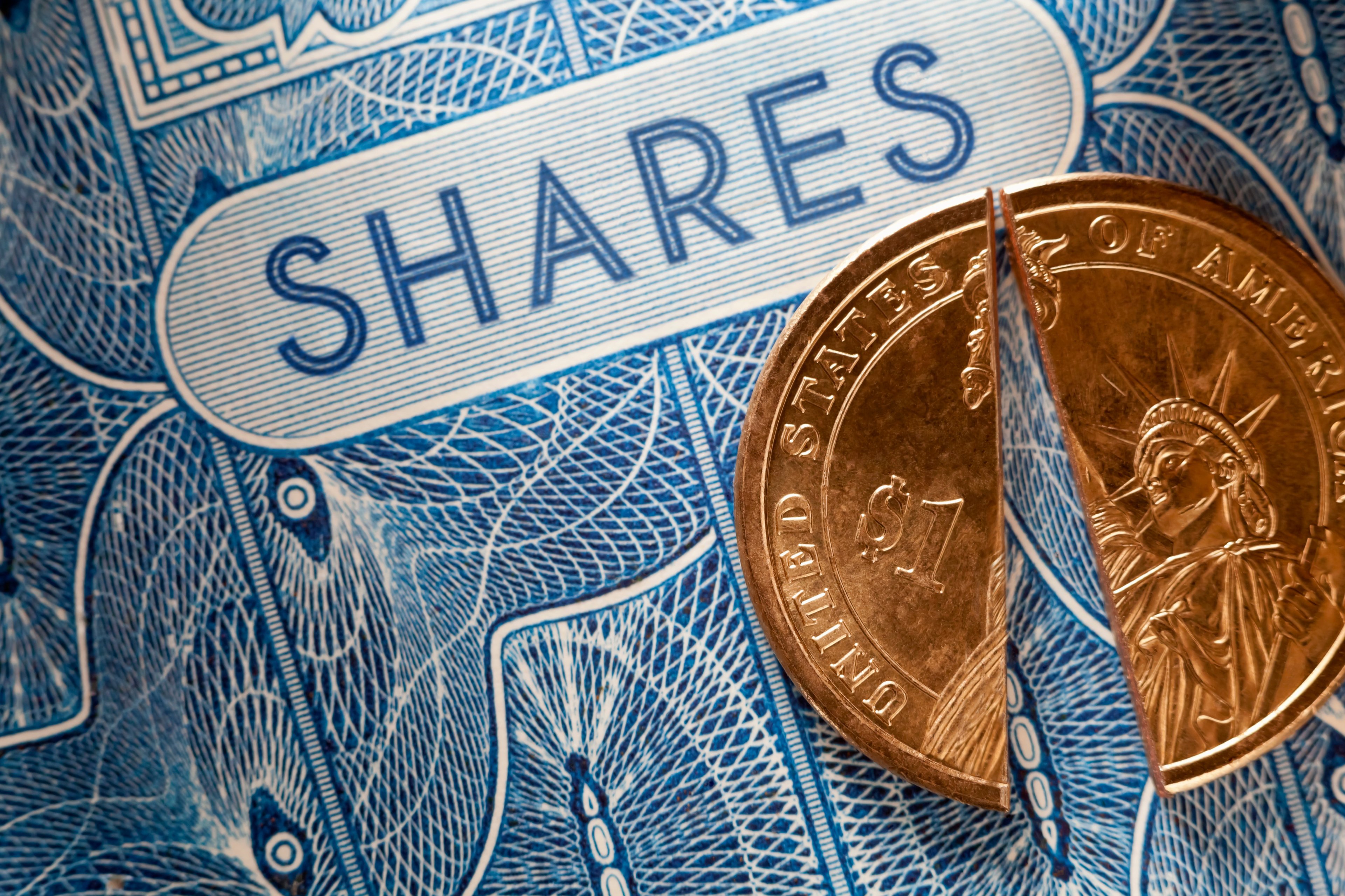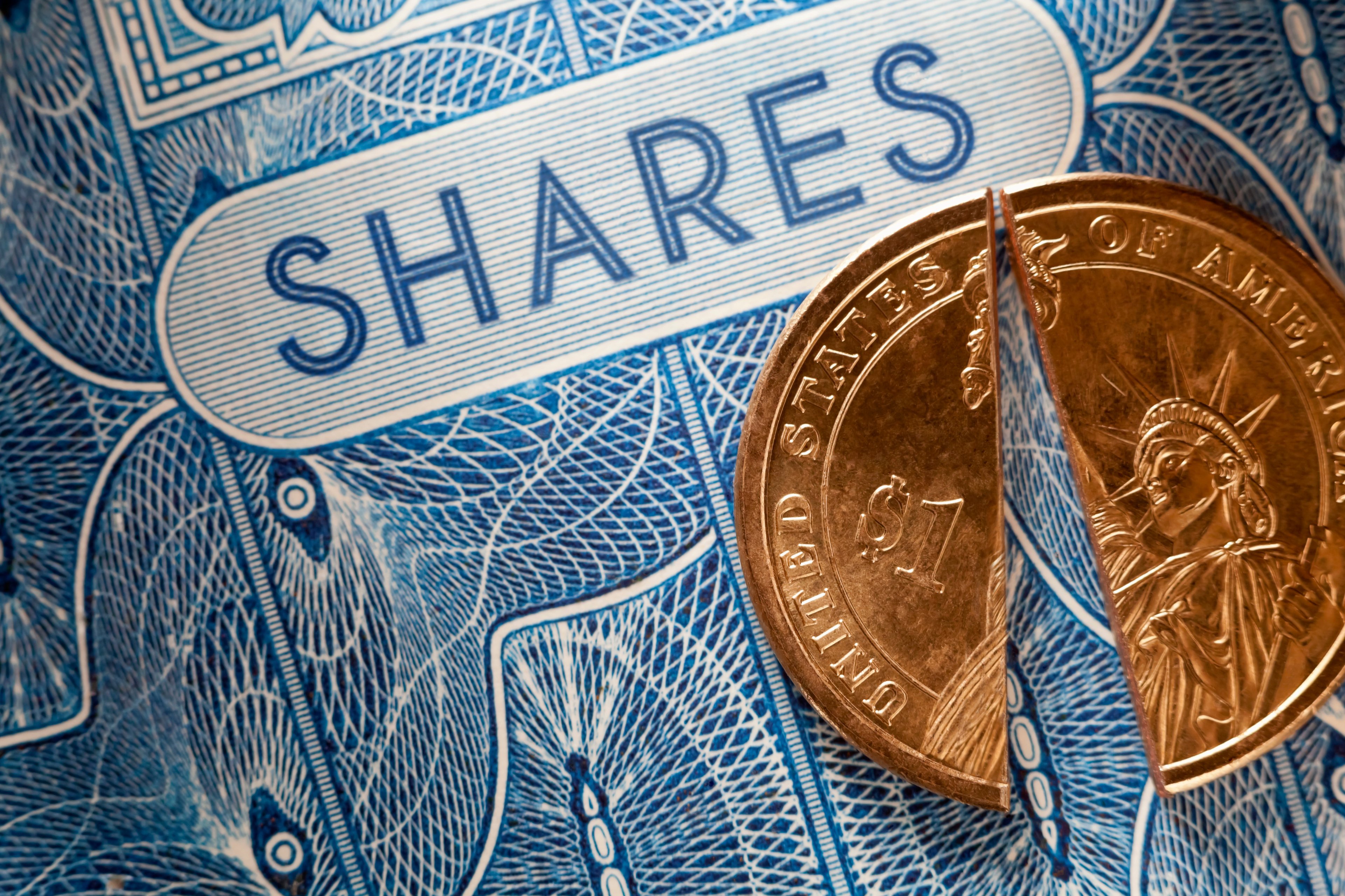Shares of the Fastenal Company (FAST +0.43%) loosened up and went for a jog on Wednesday, rising more than 2% in morning trading after the company reported gangbusters earnings for its fiscal first-quarter 2022.
As well they might. Fastenal didn't just "beat earnings" for the quarter (although it did that, too). Fastenal produced monster growth by just about any metric you choose for the quarter -- revenues, profit margins, or earnings growth.
About the only place where an investor could have a quibble with Fastenal's results, in fact, was on the company's cash flow statement where Fastenal suffered an -- at first -- disheartening slump in cash generation. But as it turns out...that was all according to plan.

Image source: Getty Images.
Fastenal by the numbers
Fastenal, as its name suggests, is a manufacturer of fasteners -- screws and pins, rivets and studs, nuts, bolts, and washers. As an industrial company, its fortunes are tied to the health of the manufacturing and construction sectors. The good news for Fastenal, and therefore for other manufacturers, is that industrial business seems to be humming along right now.
For fiscal Q1, Fastenal reported 20% growth in revenues, exceeding analyst expectations with quarterly sales of $1.7 billion. Gross profit margins at the company inched up a healthy 120 basis points year over year, to 46.6%, as did operating profit margins at 21% even. On the bottom line, Fastenal reported $0.47 per share in diluted net income ($0.02 better than what analysts had expected to see; $0.10 per share better than a year ago) and therefore a growth rate of 27%.
The big picture
Management credited "improved unit sales across most products to our traditional manufacturing and construction customers" for its stellar sales and earnings growth, and commented that business activity seems to be improving, with "strong, economically driven growth in underlying demand for manufacturing and construction equipment and supplies."
That being said, there are a couple of things bugging Fastenal right now. Neither will surprise you if you've been paying attention to the business headlines this past year. The first issue is inflation. Fastenal noted that roughly six full percentage points of its Q1 sales growth came from Fastenal just raising prices on its products to cover higher input costs and the higher cost of fuel for transportation.

NASDAQ: FAST
Key Data Points
Another worry is the supply chain -- and inventories. In Q1, Fastenal reported a 16% decline in operating cash flow as the company spent heavily on working capital, including inventory build (which is valued in dollars and therefore incorporates inflation into its rising value). Fastenal explained that this was done not because products aren't selling -- the contrary is more accurate -- but simply "to support our customer's growth." Indeed, Fastenal is doing a great job of keeping inventory growth more or less balanced with sales growth. If sales were up 20% in Q1, inventories grew a bit less than 23%.
Management noted specifically that while inflation was one component in inventories rising (again, in terms of dollar value), it is also building inventories in order to ensure "a resilient and robust supply chain as our manufacturing and construction customers expand production," and to anticipate and head off potential supply chain disruptions.
Valuing Fastenal
In short, there's very little to complain about in Fastenal's earnings report so far as the business goes. But what about the stock? Should you -- not to put too fine a point on it -- buy Fastenal stock today?
Not necessarily. Fastenal seems to be a high-quality business and certainly looks well run, but with its stock up 15% over the past year (twice the growth of the S&P 500), Fastenal is also looking like one very pricey stock. Valued on its $984 million in trailing-12-month earnings, Fastenal trades for a price-to-earnings (P/E) ratio of nearly 34 times, which is about 33% more than the average S&P stock. Furthermore, valued on its now-depressed free cash flow (FCF) -- $566 million over the past 12 months, according to data from S&P Global Market Intelligence -- the stock is trading for an even richer 59 times trailing FCF.
As good a business as this is, Fastenal as a stock simply looks too expensive to buy right now. If it were my money on the line, I think I'd wait and hope for a market pullback to provide a better buying opportunity.





